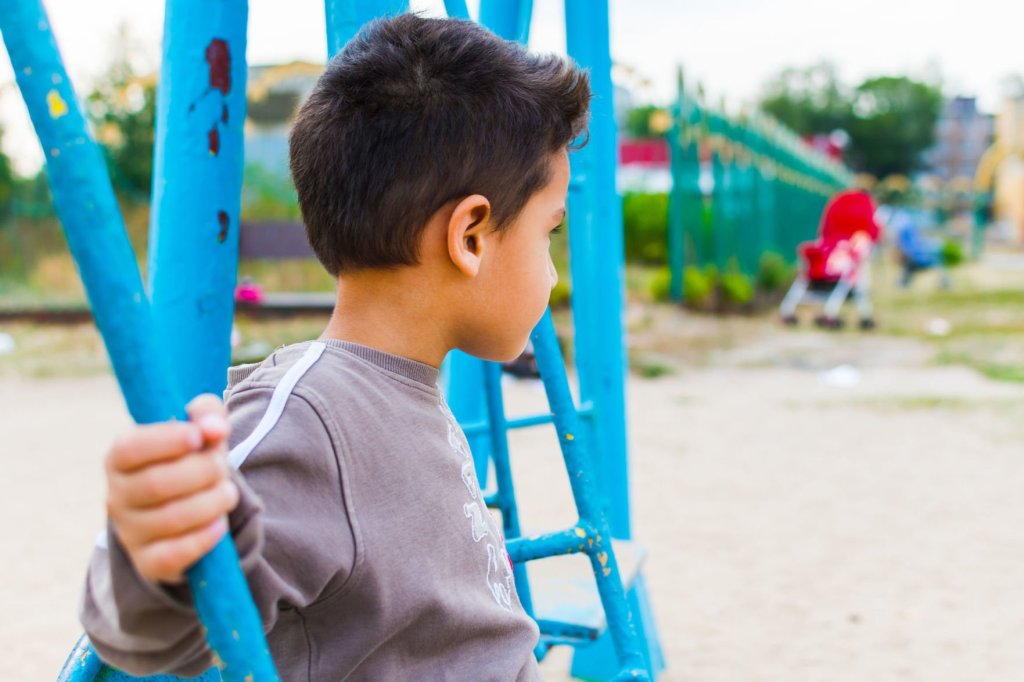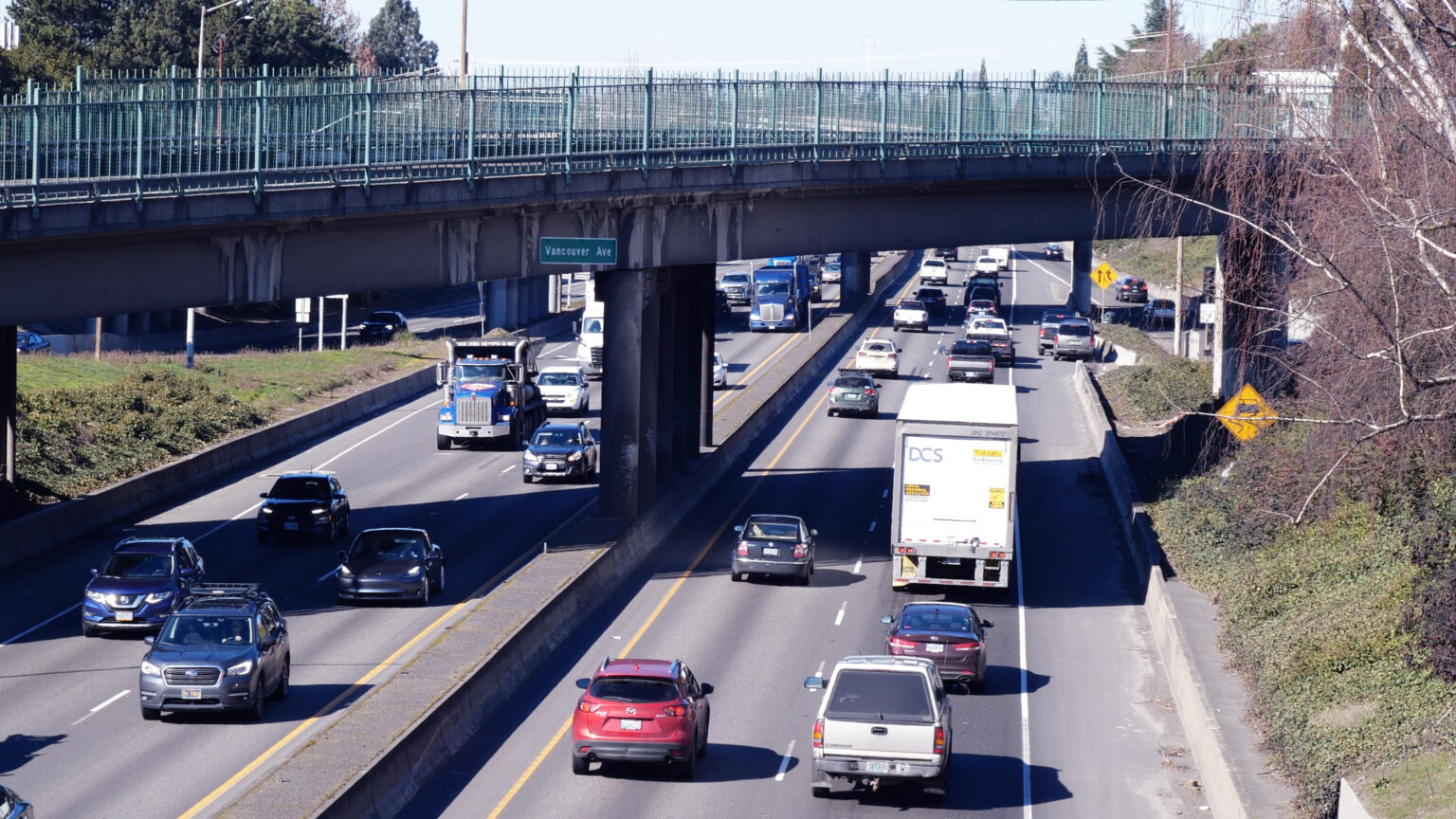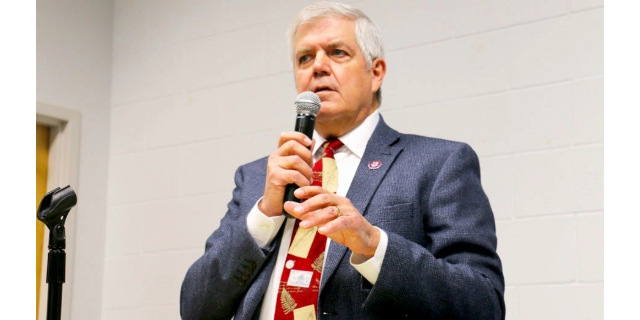Survey shows most Oregonians have no experience with foster care system, but nearly everyone agrees it matters
Published 5:15 am Wednesday, August 16, 2023

- Stock image
Though the majority of Oregonians don’t have any personal experience with the foster care system, 93% of respondents in a recent survey agree it is important, according to the Oregon Values and Beliefs Center.
“I actually have worked in high-risk child care before, so this was a topic that’s pretty close to my heart,” said Amaury Vogel, associate executive director of the center. “I was actually kinda surprised in a positive way by these results.”
There were 4,775 children in Oregon foster care in June, as well as 2,990 resource families providing support to children and families.
Organizers from the nonprofit Every Child Oregon wanted to ask Oregonians about their views on foster care, so the Oregon Values and Belief Center stepped in and surveyed 2,333 residents in May and June.
Every Child Oregon began in Portland as a support system for state caseworkers, foster parents, children and families. The organization has grown and is now the lead partner with Oregon to handle foster care recruitment, said Oscar Sweeten-Lopez, executive director of The Contingent, Every Child Oregon’s parent organization.
“It was a chance for us to get some of those questions into that survey, and really help us understand what does that tell us in terms of where Oregonians as a whole are when they think about foster care and their role in foster care,” said Sweeten-Lopez.
He said he feels the results fit with the work Every Child Oregon has done over the years. People are interested in supporting foster care in some way, he said, even if they wouldn’t want to become a foster parent themselves.
“Our call to action is we are here to make everybody aware of what the need is, and how they can be involved,” said Sweeten-Lopez. “There’s a role for everybody to play no matter where they’re at and what their capacity is.”
Of the nearly 900 individuals who reached out to express interest in fostering or adoption, 33% of the inquiries were from those who identified as people of color or multiracial, according to Every Child Oregon’s 2023 biannual report.
Oregon Values and Beliefs Center survey
The survey asked people for their views, interests and questions regarding foster care. Around 8% of the respondents were from Central Oregon.
More than 400 respondents asked questions about the process, what supports are given and how protected children are in the system.
Increasing people’s familiarity with the foster care system should be an easy way to potentially gain more foster parents, Vogel said.
“A lot of people say that they’re willing to provide basic needs, and we even included transportation in that, so it’s not even just donating clothes or donating food to a family at Thanksgiving,” said Vogel. “Transportation potentially includes medical appointments or unfortunately, potentially, court appointments. So I was really encouraged by that.”
The number of children in foster care has been declining, wrote Oregon Department of Human Services press secretary Jake Sunderland in an email.
He said the department’s child welfare division believes child care by relatives or family friends should be sought over foster care, which should be a temporary option.
“In Oregon, the majority of children experiencing foster care in Oregon are supported by grandparents, aunts, uncles, cousins and family friends,” Sunderland wrote in an email. “Keeping connected to kin can have a positive impact by maintaining family and cultural ties for children and young people in foster care.”
Participants were also asked about the possibility of becoming foster parents in the future. Most of these responses varied by age, with older respondents saying they would not consider the commitment, while respondents between ages 18 and 44 said they would.
Those who previously had experiences with the foster care system said they would be more likely to sign up as foster parents in the future. People of color and those who identified as nonbinary or transgender were also more likely to say they’d be foster parents. This too, Vogel said, was encouraging.
“Those are populations that are overrepresented in the foster care system, so having people that have similar experiences and cultural backgrounds as (the) kids that are entering the foster care system, it’s really important, and I found it very heartening to see that there are folks that recognize that and are open to stepping up,” she said.





